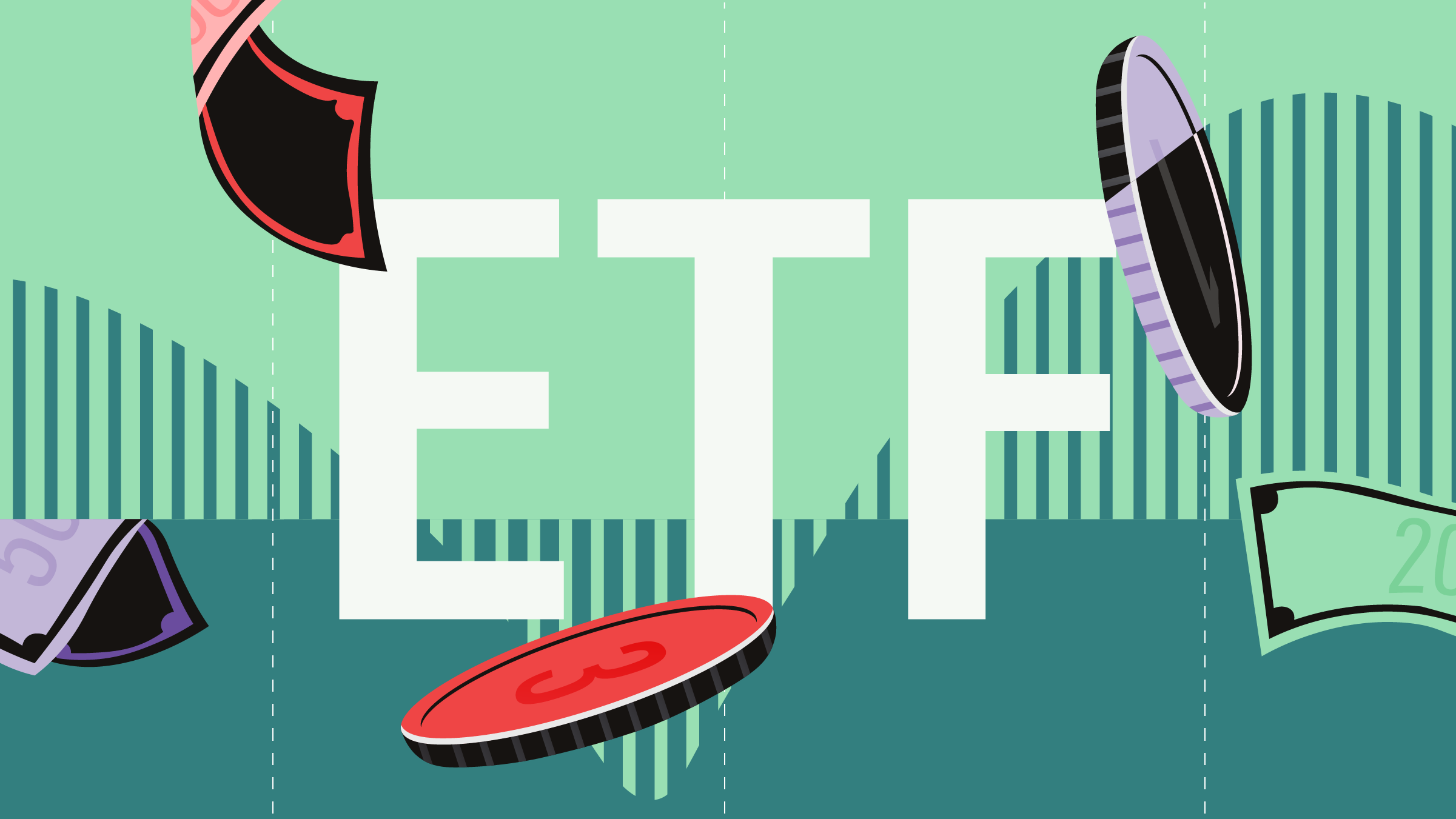Last Wednesday, the Liberal Federal government presented its budget before heading into the election in October. The budget focused on home buyers. However, it also addressed what it called “unfair tax advantages”.
To make the system fairer, the Budget proposed to “prevent the use by mutual fund trusts of a method of allocating capital gains or income to their redeeming unitholders where the use of that method inappropriately defers tax or converts fully taxable ordinary income into capital gains taxed at a lower rate.”
Under this change, the mutual fund trust (ETFs are a type of mutual fund trust) would be prohibited from deducting any excess allocation in computing its income for the taxation year, and instead the excess allocation would need to be distributed to the remaining unitholders at the end of the year, explains Joseph N Micallef, partner and national financial services tax leader at KPMG.
“This legislation was targeted to ETFs, or participants in such ETFs, and there appears to be a considerable flaw in the understanding of the ETF mechanism,” Micallef said, explaining that for ETFs, the only investors who redeem units are the designated broker (DB) or market maker. The formula in the proposed legislation essentially limits the redeeming investors allocation to the taxable capital gains realized by the fund and one-half of the sum of the proceeds of disposition of the unit on redemption and the allocated amount less the investor’s tax cost of their units, he says.
“The proposed legislation, if enacted, might impact the future tax
“The government has drawn a line in the sand to stop these tax advantages, but there has been no legislative or administrative guidance on how to stop using this methodology,” says Hugh Chasmar, tax partner at Deloitte Canada.
This is not the first budget that eliminated tax advantages enjoyed by mutual fund trusts. In fact, Micallef pointed out that this is the sixth year in a row that federal budgets have “attacked” investment instruments.
The 2013 federal budget set the stage to eliminate the tax advantages enjoyed by mutual funds trusts that used derivatives to convert interest income into capital gains. Then, in 2016 the federal budget eliminated tax-deferral advantages for corporate-class mutual funds, that allowed investors in non-registered accounts to switch between share classes without triggering a taxable event.
Straus says that based on the historical events, there may be a range of possibilities, including future legislation that reduces or eliminates the tax efficiency of these funds, and potential structural changes internal to the funds. He also points out that fund structural changes may in turn trigger tax consequences, but not necessarily in every case, and new money inflows to these ETFs might also be affected and have different tax treatment than past inflows.
What should you do?
Micallef believes that this proposal is detrimental
“For investors who currently hold these ETFs or considering a purchase, we believe there is not enough information to do anything other than wait for fund issuers’ further comments on impact assessment before taking action,” Straus says, pointing out that investors still have a few months to take action before the budget gets approved and the changes take effect.
What does the industry say?
The biggest impact is likely to be felt by Horizons ETFs, which offers a suite of derivative-based ETFs, with over $5 billion in assets, as per National Bank.
Horizons said it is assessing the potential impact of proposed legislative changes and has released a list of the funds that could be impacted by the changes. The list includes the Horizons S&P/TSX 60 Index ETF (HXT), which has over $1.87 billion in assets under management.
The firm pointed out that if the ETFs were to continue to carry on operations after their 2019 taxation years in the same manner as they do currently, the proposed legislative changes could potentially result in taxable distributions to the unitholders of the ETFs in respect of periods after their 2019 taxation years.
Similarly, BMO Nesbitt Burns identified funds that could be impacted and has suspended the distribution of these funds and will not accept new purchase orders until it completes its assessment of the proposed legislative changes and determines what further actions might be advisable.


















